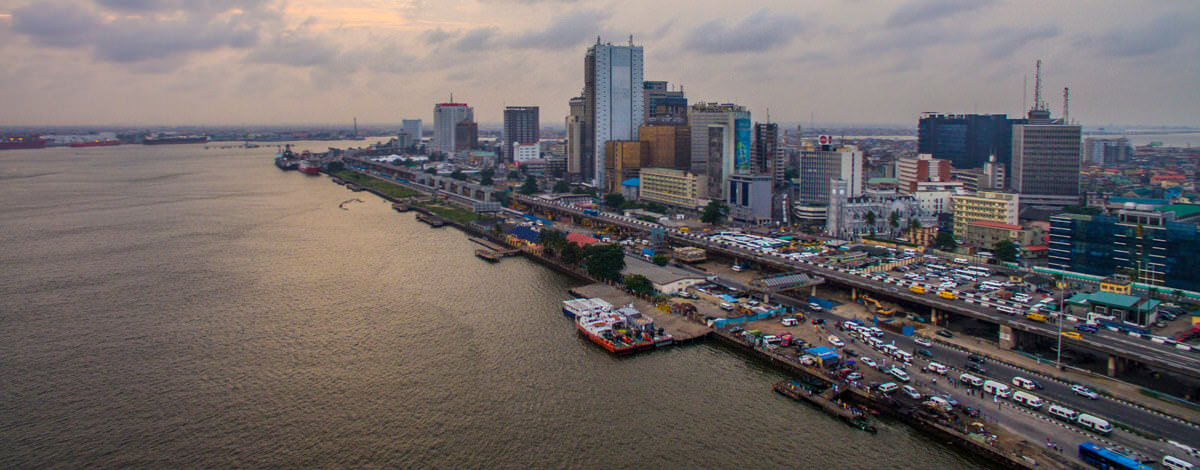Nigeria is a country described by many as ‘difficult’.
This difficulty has been attributed largely to the deficit in infrastructure and it’s gruesome effects are felt by all and sundry as they trickle down into industries, homes, individual lives etc.
An example of how this deficit impacts citizens is the stress experienced during commute. The transit situation is in chaos to say the least and although there have been current attempts to improve it, the prerequisite upheaval of the current system to usher in a new is rigorous and therefore seeing light at the end of the tunnel is quite a strain. As it is difficult for people to move around so is the situation for goods and services. Also, the roads, buildings and facilities in general lack inclusiveness and access for the disabled as most lack ramps and the needs of special people seem not to be taken into cognisance.
Furthermore, a recent world bank reports puts the standard of living in Nigeria at a low of ‘70% of 186 million Nigerians living below $1 a day’. There is such a pull-on scarce resource such that it is difficult to eat 3 balanced meals in a day, unfortunately this is greatly underemphasized for a larger part of the population.
Another indication of the numerous difficulties faced by Nigerians is laboriousity of securing scarcely existing jobs. As stated earlier, with a brimming population of 186 million people and a workforce population of over 73 million people, the unemployment rate sits at 14.2% (NBS 2017). Thus, the competition in the job market is severe. There just aren’t enough jobs due to the infrastructure monster!
With all these ills, one would think that the government would rise to the occasion and at least create an enabling environment where it is easy to do business and the hope of foreign exchange is not stomped out. but this is not the case it is difficult to do business in Nigeria. Some improvements have been made to the legal side of things, but there is still this infrastructural deficit staring us in the face… eh more like kicking us in the groin. This is the same story for large corporations, SME’s and a lot of subsistence businesses too small to even feature ‘on’ the informal sector. If we had adequate infrastructure, I dare say that there would be more businesses engaged in much more than survival and more into hiring the right people to move such organizations forward.
Now! Enough of what we don’t have and unto what we do have.
Yes, we have a brimming youth – resilient, hardworking, creative, ‘gingered’, smart, and full of ideas! We have young people who have become desperate to forge ahead in life, take opportunities and in the very least make a living for themselves. These ones – desire an education. Here we are again – insufficient educational infrastructure!
Okay. Solution time.
I really do believe in hope against. But here is one thing we can do more – Online! Let’s encourage online education. Now, I am not suggesting that our universities take the B.Scs. online now. As a student, that could equally cost a fortune and as we probably can sense by now, the other topic for this article could be “Not Enough”. Here is the situation I’m looking at…
I am talking free online courses. I for one use www.alison.com and there are many others. I know our youth would be excited about this as much as I was when this was introduced to me as well by a mentor.
So, what do we need? Infrastructure!
We need laptops, constant power supply, free Wi-Fi and a place where people would be comfortable and secure enough to use available computers and take some diplomas and soft skill courses. I really do covet the libraries such as the ones in Canada but that may have to be a long-term goal considering where we are now. It could be an open space, perhaps a recreation park. However, we surely need a disciplined approach to this and this calls for a conversation engaging all stakeholders.
I am positive that the government, the private sector and well-meaning individuals within Nigeria or without would be excited to discuss, drive and contribute their part in making the prerequisite infrastructure available. However, I am particularly excited about my Nigerian youth and the positive impact this would have on the nation as a whole…

